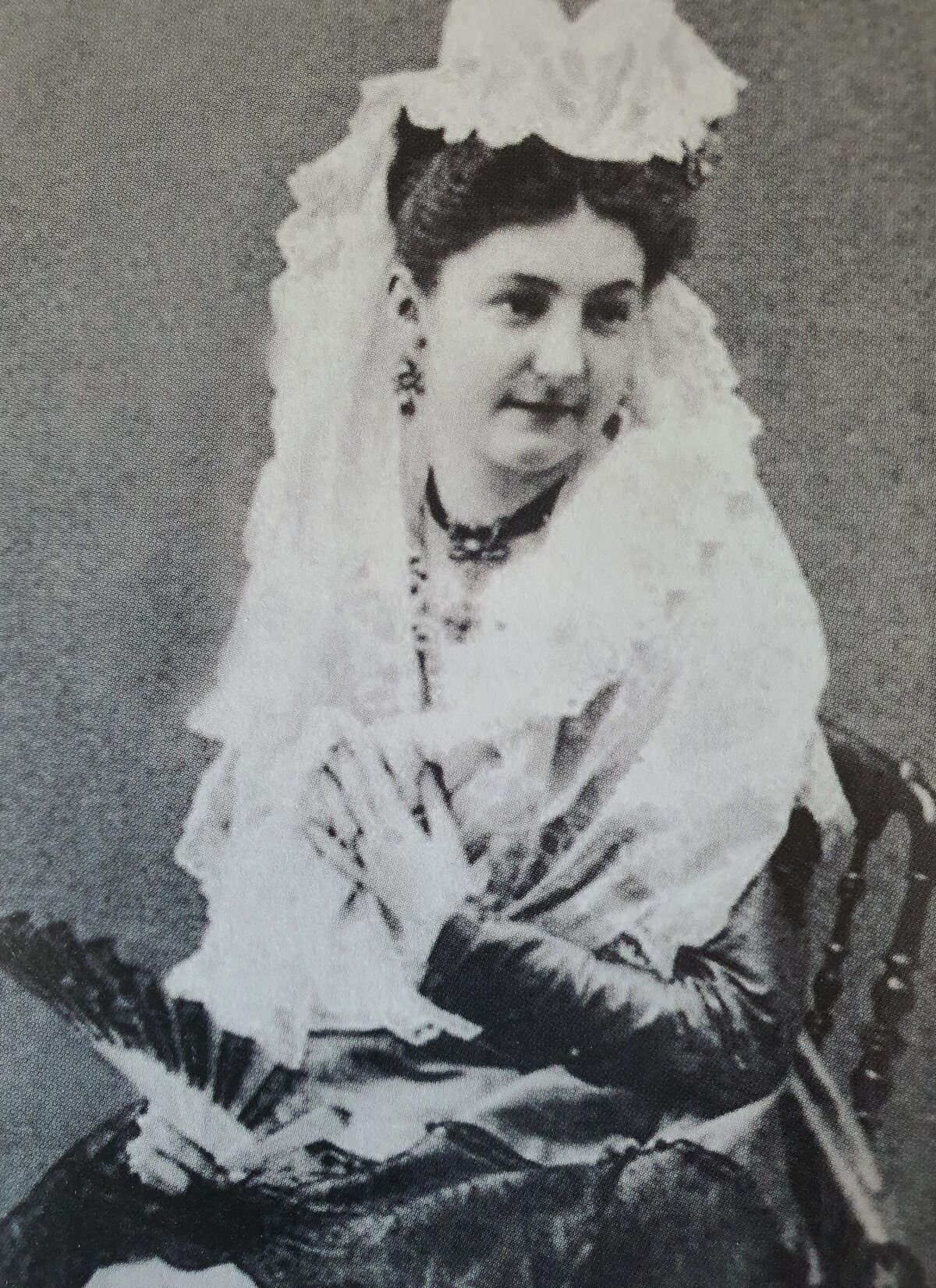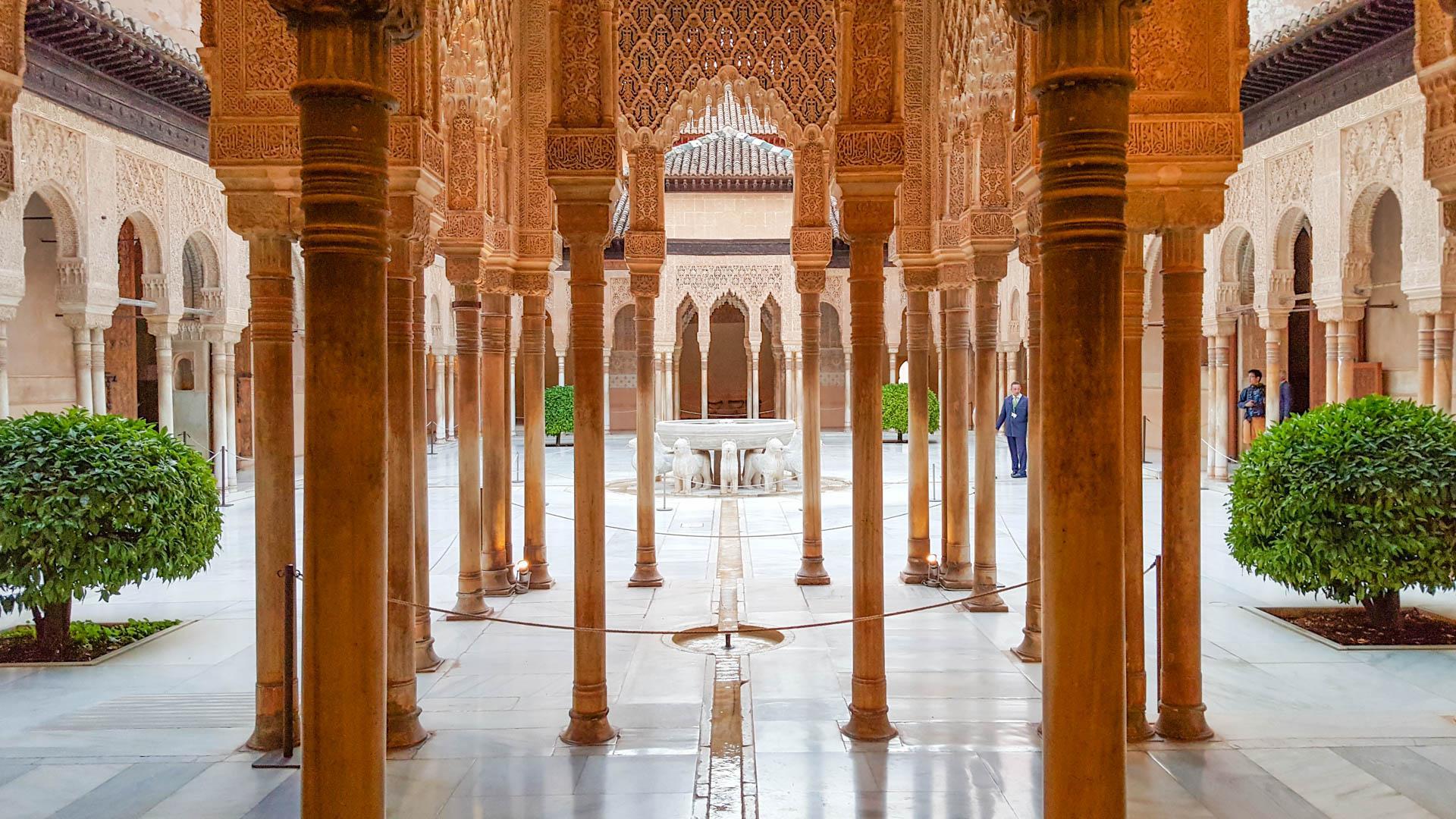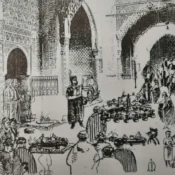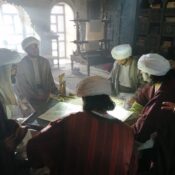Berta Wilhemmi

Berta Wilhemmi
Today, we would like to talk to you about a very important woman for Granada, who not even many Granadians know about: Berta Wilhelmi. A friend of hers tells us about her that “she was educated in a liberal, progressive and secular environment. She had a firm and non-conformist character.”
Berta was born in Germany in 1858, but when she was still a kid, her family moved to Granada. As a teenager, her parents sent her to study in Switzerland.
She was a businesswoman, educator, feminist and philanthropist: she took over her father's factory, and later she was commissioned to organize the 1st Granada School Holiday Camp, which took place in Almuñécar. There she not only opted for an equal education between boys and girls, she also wanted to teach that games, cleanliness, nature, the outdoors, and a healthy diet are the pillars for the good development of the little ones.
She created the first mixed school in Pinos Genil, which included a library that had up to 600 volumes. The boys and girls, in addition to studying together, shared subjects, which was unusual at that time. We would like to say that everything was a easy for her, but both the school and the library were reportedly closed on different occasions.
The death of her brother from tuberculosis made Berta decide to open a sanatorium in the Sierra de la Alfaguara, where she not only treated the sick, but also did prevention work on boys and girls. In 1923 she was awarded the Grand Cross of the Civil Order of Beneficence.
Although we could continue talking much more about her, we want to highlight one last aspect: she was passionate about beekeeping, (she even wrote several books on the subject) and she became a member of merit in the Royal Economic Society of Friends of the Country. She presented a sample of her hives at the Agricultural Exhibition held in the Alhambra, in the Palace of Charles V. She can be considered the mother of mobile beekeeping in Granada and one of the first to introduce this type of hives in Spain.
There is a pillar that remembers her: the fountain that is next to the Parque del Triunfo. In Lanjarón you can find the Honey Museum located in the natural area named Finca Berta Wilhelmi, and, unfortunately, only the ruins remain of the sanatorium. In Pinos Genil, the secondary school bears her name.
All categories
- Arquitectura islámica
- Arte y decoración en la Alhambra
- Visitors Tips
- Cultura andalusí
- Granadian Sayings
- Folklore
- Granadian Cuisine
- Granada
- Granadian Province
- Alhambra History
- Distinguished Granadians
- Useful information
- Granadian Literature
- Granadian Literature
- Magic, legends and mystery
- Granadian Miscellany
- Granadian Nostalgia
- Granadian Traditions
- Granadian Traditions
- Guided tours
Latest posts




